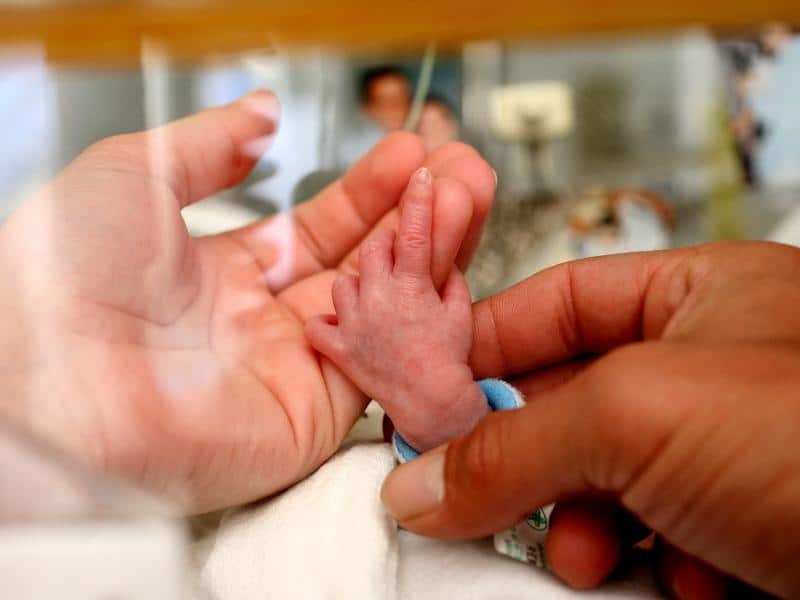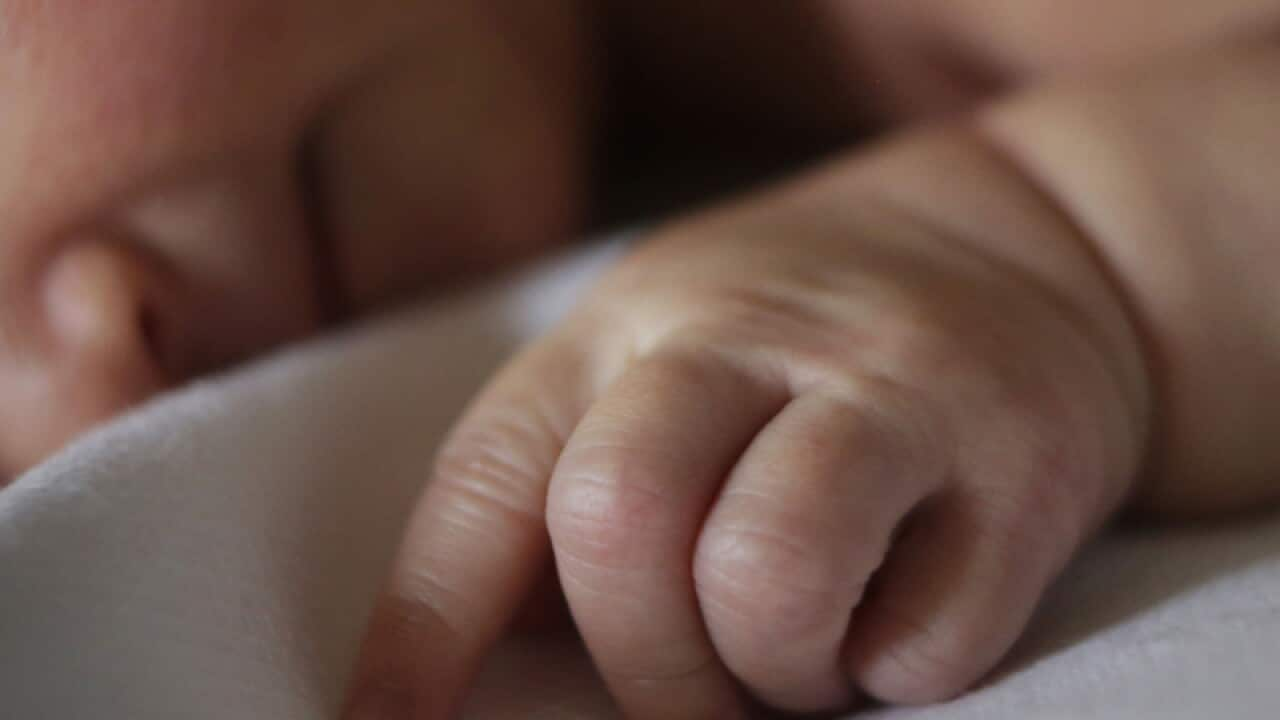Kylie Pussell, CEO and co-founder of Miracle Babies Foundation, knows only too well the distress and guilt that can come from a premature delivery.
Kylie experienced a miscarriage and lost her twins at 16 weeks. She then went on to have a daughter, Madeline, who was born at 30 weeks.
Two years later Kylie delivered twins at just 25 weeks, both were resuscitated at birth and cared for by the Neonatal Intensive care unit (NICU).
One of those twins, Marcus, passed away from complications, while his sister Scarlet required surgery and ventilation.
“I have cervical incompetence so there was a reason – the reason was my body and to me it wasn’t doing its job,” Kylie says.

“It has taken a lot of time to process and share that experience. I have accepted that I will never be the same person.”
'It’s the roll of a dice'
In Australia approximately one in 10 births are premature with 95 per cent spending at least their first 28 days fighting for their life in NICU or Special Care Nurseries.
During this time, parents report strong feelings of guilt - particularly mothers who feel responsible for not carrying the baby full term.
“Sometimes things happen like cervical changes that indicate early signs of cancer or heart disease that requires the baby to be delivered early,” says Dr Robert Guaran, neonatologist and board director Miracle Babies Foundation.
“The only finger they can point to is themselves and they feel guilty, when really it’s the roll of a dice.”
As for fathers, they report feeling torn between their partner and baby who are both in need of extra support.
Studies, published in Europe's Journal of Psychology, have shown fathers believe they must supress negative feelings such as sufferance, anxiety, and depression in order to give adequate support.
“Once you’re discharged, you get a tick and you’re out of the hospital but it’s not over.”
The research found that parents live in a state of psychological and physical separation from their babies, intensified by the artificial environment of the NICU.
Both parents can feel powerless while their baby is in the NICU and may be facing breathing, heart and gastrointestinal problems.
“The baby may become unwell because that’s what happens in intensive care and [parents] drive to hospital not knowing what they will find,” says Dr Guaran.
Dr Guaran says apart from the guilt, parents experience shell shock from the overwhelming environment which they don’t understand.
“They feel like they’re abandoning them, to what initially are strangers,” he said.
Life long challenges
“Once you’re discharged, you get a tick and you’re out of the hospital but it’s not over,” says Kylie.
Apart from the initial trauma that exposes parents to a greater chance of depression and anxiety, babies born premature are at a greater risk of developing life-long challenges and disabilities.
These conditions affect the entire family unit and without support, this experience can have a continuous impact on their emotional wellbeing.
One foundation, Miracle Babies Foundation, has been set up to help navigate the long-term effects on parents and children.
This free program operates a national 24-hour family support helpline, in-hospital parent-to-parent support and out of hospital play and support groups.
Insight is Australia's leading forum for debate and powerful first-person stories offering a unique perspective on the way we live. Read more about Insight
Have a story or comment? Contact Us


